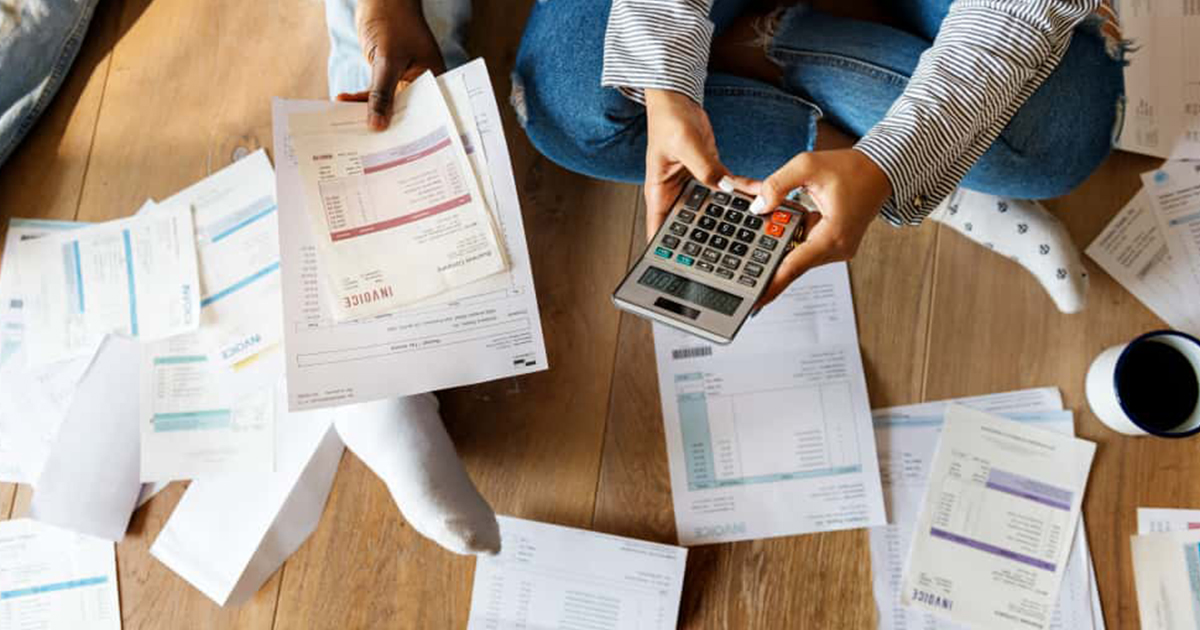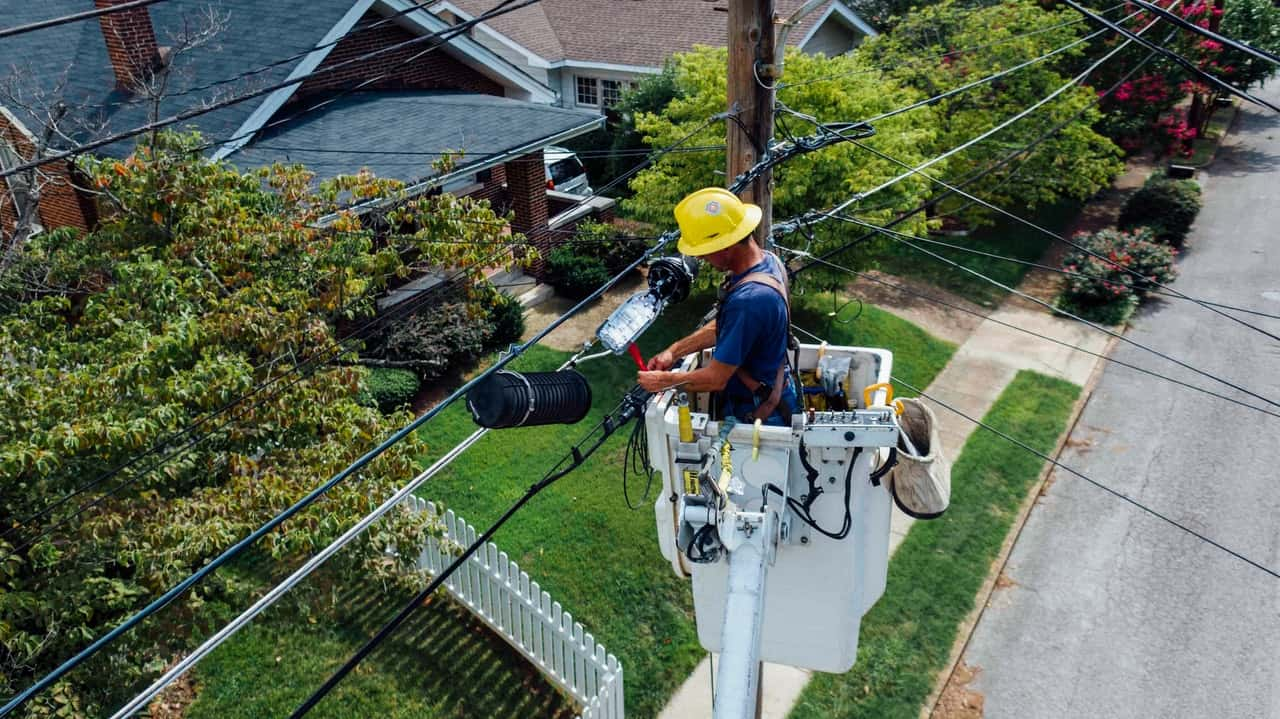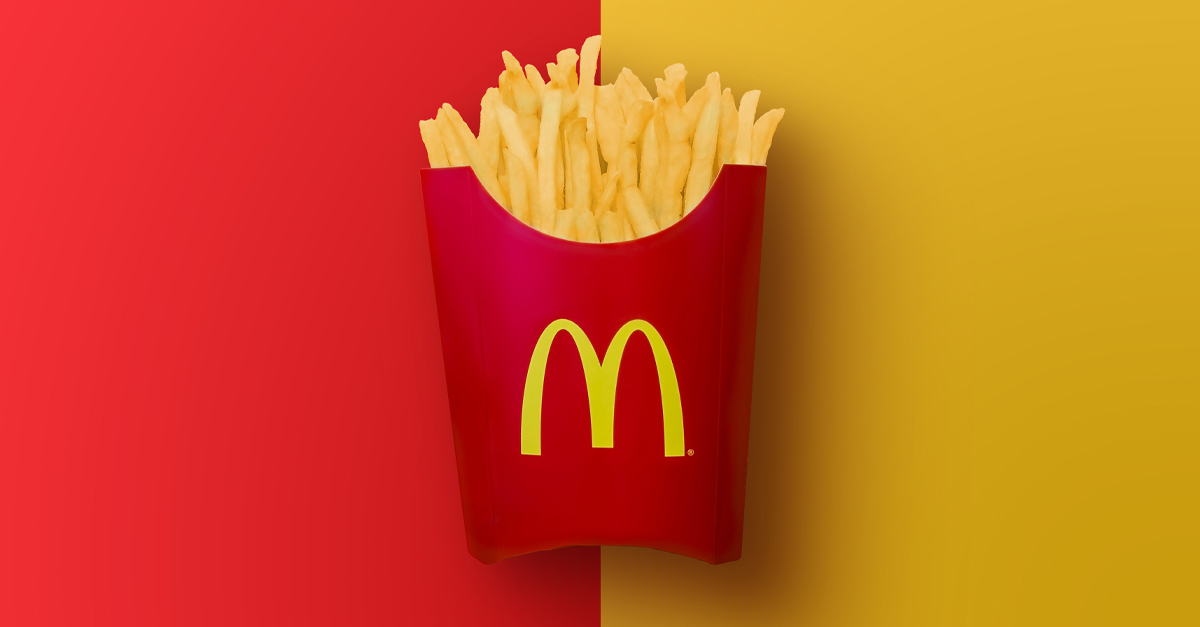Understanding Utility Bills: What You Need to Know

For many of us, utility bills are a monthly constant, arriving in our mailboxes or inboxes and reminding us of the essential services we enjoy daily. Yet, how many of us truly understand the intricacies of these bills?
This article delves into the world of utilities, breaking down what they are, how their costs are determined, the repercussions of non-payment, and even strategies for those challenging months when paying seems out of reach.
We'll also touch on the art of negotiation with utility providers and highlight some of the financial aid programs available.
Whether you're setting up utilities for the first time or simply want a better grasp on your monthly expenses, read on for a comprehensive overview.
What are Utilities?
Utilities are basic services required for homes and businesses to function.
Examples include:
Electricity: Powers your lights, appliances, and electronic devices.
Water: Used for drinking, cooking, cleaning, and sanitation.
Gas: Often used for heating, cooking, or water heaters.
Sewer: Carries away wastewater from homes and businesses.
Trash and Recycling: Collection and disposal of waste and recyclables.
How are Utility Costs Determined?
Utility costs vary based on consumption and location.
The factors determining your bill might include:
Usage: The more you use, the more you pay.
Location: Costs can differ based on where you live and the infrastructure in place.
Service Providers: Different companies have varied rates and fee structures.
Season: Some utilities, like electricity and gas, can spike in winter or summer months.
Consequences of Non-Payment
Failing to pay utility bills can lead to:
Disconnection: Service providers may cut off your utilities.
Fees: Late payment might result in additional charges.
Credit Score Impact: Unpaid bills can be reported to credit agencies, potentially lowering your score.
What to Do if You Can't Pay an Upcoming Utility Bill
If you foresee trouble with an upcoming payment:
Contact your service provider immediately: They might offer a payment plan or an extension.
Reduce Usage: Be mindful of how much you're using and try to cut down where possible.
Seek Community Assistance: Many local communities offer programs to help residents with their utility bills.
Negotiating Utility Contracts
It's possible to negotiate with utility providers, especially if there are multiple providers in your area.
Shop Around: Compare rates from different providers.
Ask for Deals or Promotions: Sometimes, companies offer promotional rates to new customers or those willing to commit to a longer contract.
Bundle Services: Some companies give discounts if you bundle multiple services, like internet, cable, and phone.
Financial Help Programs
Across America, several programs assist individuals and families struggling with utility bill payments. Here's a some of the key financial assistance programs that may be available:
Low Income Home Energy Assistance Program (LIHEAP): A federally-funded program that assists low-income households with their heating and cooling energy costs. The program may also cover minor energy-related home repairs.
Weatherization Assistance Program (WAP): Sponsored by the Department of Energy, WAP helps low-income households to improve energy efficiency, thereby reducing their utility bills. The program focuses on weatherproofing homes, which can include insulation, sealing leaks, and modernizing heating and electrical systems.
Payment Assistance for Gas and Electric (PAGE): A state-funded utility assistance program that assists moderate-income households in New Jersey who are experiencing a temporary financial crisis with their natural gas and electric bills.
Percentage of Income Payment Plan (PIPP): Available in some states, PIPP allows qualifying low-income households to pay a percentage of their income towards their utility bills, rather than the total amount owed.
Financial Help Programs Cont’d
Utility Emergency Services Fund (UESF): This program, available in certain areas, targets families facing utility terminations or service interruptions due to unpaid bills.
Local Utility Company Programs: Many utility companies also have their assistance programs or offer budget billing. Budget billing averages out annual usage into equal monthly payments, preventing seasonal spikes in utility costs.
Charitable Organizations: Various non-profits, such as The Salvation Army or United Way, may have funds available to assist individuals or families in crisis with paying their utility bills.
State Energy Programs: Some states have their specific energy assistance or weatherization programs designed to assist residents. Check with your state's energy department or equivalent agency for available programs.
Charities: Organizations like the Salvation Army and United Way sometimes offer assistance.
Final Thoughts
Utility bills, though a constant presence in our lives, don't have to be a perpetual cause for stress. By understanding how they work, exploring available assistance programs, and staying proactive in seeking the best deals or negotiating terms, we can maintain more control over our monthly expenses.
Remember, open communication with utility providers and a willingness to research and utilize available resources can significantly ease the financial burden. Stay informed, stay proactive, and ensure that your home remains a comfortable place without breaking the bank.















